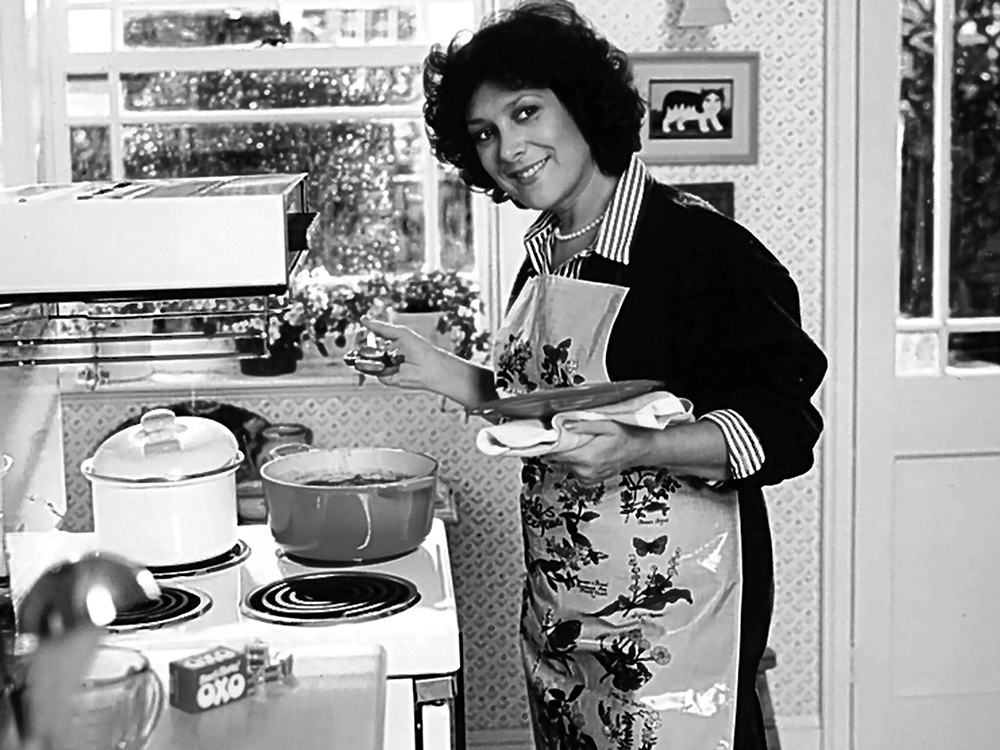
The important role that mothers play in the household should never be taken for granted and savvy brands know this, writes Olive Fogarty.
Mum. Mom. Mam. Mummy. Mammy. Mother. Mama. Ma. Old dear. Aul wan. Whatever you call yours, she’s one of the most important people in your life. And as a group, they make up one of the most important and distinctive segments in Irish society.
They raise our children. Shape our beliefs. Manage our household budgets. Plan our meal times. Work in our businesses. Schedule our appointments. Remember our birthdays. Referee our disagreements. Anchor our families. We all know instinctively that Mums matter. In fact, it’s hard to imagine how our society and economy would function without them. But beyond the obvious, there are many reasons why Mums matter more to marketers and brand-owners.
Young families with kids account for 70% of all consumer spending, so there are very few brands or businesses that can afford to ignore this critical demographic. Not surprisingly, 72% of Mums are solely responsible for what goes on the grocery list.
What is more interesting however is how they’re shopping – 59% shop in two supermarkets every week, 22% shop in three and only 5% claim to buy on impulse. Additionally, most Mums use technology as a strategic shopping tool before they even reach the retailers, with 70% using their phone to check locations, confirm availability, compare prices, read reviews and send photos.
When it comes to money and financial products, Mums are most certainly the CFO in almost all families (98%). More than one-third watch their finances “like a hawk”. Mums are the key decision makers for most financial and utility products in the home and they’re not afraid to shop around.
Last year, our Mums switched service providers more than ever – 58% switched electricity provider, 55% got new car insurance, 48% changed their broadband provider and 38% signed up with a new mobile phone company.
Mum is also head chef in most households, with 72% being responsible for all food planning and preparation. Most Mums have a general idea of the weekly meals, but make the final decision on the day and two-thirds (66%) of them struggle to come up with meal ideas. More than half of them prepare at least two meals at dinnertime to suit different tastes in the family, thus doubling the pressure to come up with meal solutions! Therefore, it’s probably not that surprising to see that roast chicken and spaghetti bolognese are firm family favourites.
Mums are the emotional heart of every home and are often the hub in their wider families as well.
Mums also take the lead when it comes to family health, with 63% mainly responsible for the health and well-being of their families. Certainly, families are making big efforts to stay healthy with 88% exercising at least as much or more than last year and two-thirds (65%) of Mums exercising two or three times per week. Diet and weight management is the biggest health concern for Mums, ahead of diseases like cancer or heart disease. Mums have many concerns when it comes to their own and their children’s diet. This leads to specific ‘food fears’ and are not helped by what they see as confusing or often conflicting expert advice.
Mums are the emotional heart of every home and are often the hub in their wider families as well. A specific aspect of family life, which has come to the fore, is the planning, hosting and sharing of family occasions and celebrations on a frequency that was previously not experienced. These occasions are a way for Mums to create the time and space for the whole family to experience ‘family’ together. In fact, one-third (33%) of our Mums are already taking their main holiday with their wider family groups, and this is not just to have extra babysitters – they want to spend quality time with their whole inter-generational family and create lasting memories for their children.
Precious family time has been rolled up into traditional household chores, such as baking and making things, fixing and mending things, and DIY projects. These endeavours teach children strong values and vital skills and provide a bit of fun too! More than eight out ten (85%) participate in DIY and fixing things and 42% are baking more.
For brands and businesses that want to engage with Mums and families, I see a number of levers that could really set your brand apart from its competitors:
- Recognise the importance of family values in Mum’s life and her role in bringing the family together.
- Brands need to be more prominent in the pre-planning stage as well as in-store. Brands must be aware that in-depth discussions and interrogations of their products and experiences are taking place in forums, blogs, groups and chats.
- Provide Mum with tools that help her manage the household and recognise that Mums are the financial managers in almost all homes.
- Support Mum, don’t chastise her for food decisions. Brands should look at empowering Mums. Brands must provide her with tools to manage the family diet.
- Help Mums with the complexities of managing multiple roles through convenience, utility, delivery, multi-platform etc.
- Finally ensure that your brand and advertising reflect realistic parenting. Our recent Mums’ survey revealed that 74 per cent of Mums preferred advertising with real Mums, not actors or models, and over half (52 per cent) were more likely to choose brands that reflected realistic parenting.
Olive Fogarty is director at Zahra Media Group.
First published in Irish Marketing Journal (IMJ October 2017)© to order back issues please call 016611660




















